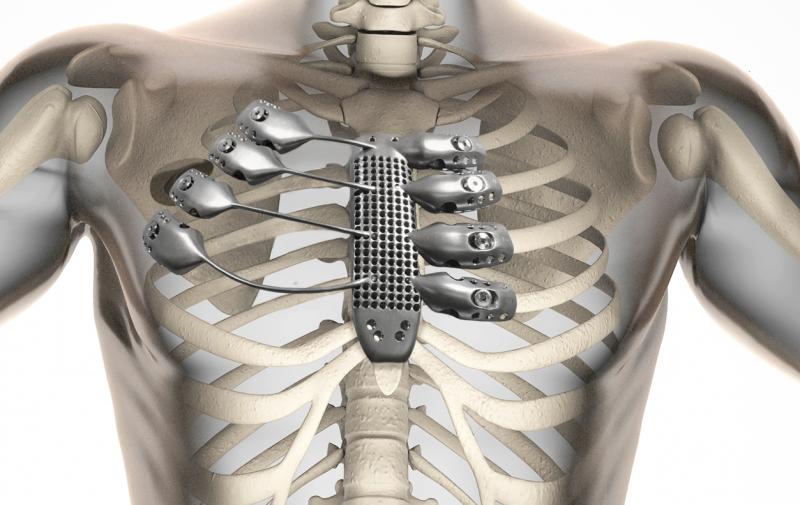Introduction
In the ever-evolving field of healthcare, medical implants have emerged as a groundbreaking solution, revolutionizing the treatment of various medical conditions. These tiny, yet powerful devices have the potential to enhance and extend human life, providing patients with newfound hope and improved quality of life. From pacemakers to artificial joints and cochlear implants, medical implants have become indispensable in modern medicine, enabling us to overcome physical limitations and medical challenges. In this blog, we will delve into the world of medical implants, exploring their history, types, benefits, and future prospects.
The Evolution of Medical Implants
The concept of medical implants dates back thousands of years, with the first known instance being the use of tooth implants made from shells and stones by the ancient Egyptians and Mayans. However, it wasn't until the 20th century that medical implants began to see significant advancements. The early 1950s witnessed the development of the first pacemaker, which paved the way for more sophisticated cardiac implants. Since then, the field has seen an exponential growth, encompassing a wide range of implants to address various medical conditions.
Types of Medical Implants
Medical implants can be broadly categorized into the following types:
-
Cardiovascular Implants: These include pacemakers, implantable cardioverter-defibrillators (ICDs), stents, and artificial heart valves, designed to regulate heart rhythms, maintain blood flow, and restore cardiac function.
-
Orthopedic Implants: These are used to replace or support joints and bones, such as hip and knee replacements, spinal implants, and bone plates. They provide relief to patients suffering from arthritis, fractures, and degenerative bone conditions.
-
Neurological Implants: Devices like deep brain stimulators and spinal cord stimulators are used to manage conditions like Parkinson's disease, epilepsy, chronic pain, and movement disorders.
-
Cochlear Implants: These revolutionary implants have restored hearing for many individuals with profound hearing loss, converting sound into electrical signals that stimulate the auditory nerve.
-
Dental Implants: Dental implants are used to replace missing teeth and provide a stable foundation for artificial teeth, significantly improving oral health and aesthetics.
-
Ocular Implants: Retinal implants and intraocular lenses are used to restore vision in certain eye conditions like retinitis pigmentosa or cataracts.
Benefits of Medical Implants
Medical implants offer several significant benefits that have transformed patient care:
-
Enhanced Quality of Life: Implants can alleviate pain, restore lost functions, and enable patients to lead more fulfilling lives, regaining their independence.
-
Prolonged Lifespan: Cardiovascular implants, such as pacemakers and stents, have proven to be life-saving devices, increasing the lifespan of individuals with heart conditions.
-
Improved Treatment Outcomes: Implants have revolutionized treatment outcomes for various medical conditions, offering safer and more effective solutions.
-
Personalized Medicine: With advancements in technology, medical implants can now be customized to suit individual patient needs, leading to better treatment results.
Challenges and Future Prospects
While medical implants have undoubtedly brought about a paradigm shift in healthcare, several challenges still need to be addressed. These include the risk of infection, implant rejection, and the need for more durable materials for longer-lasting implants.
The future of medical implants is incredibly promising. Researchers are actively exploring innovative materials like biocompatible nanomaterials and 3D printing to create implants that can mimic natural tissues more effectively. Moreover, the integration of AI and sensors with implants opens up exciting possibilities for real-time monitoring and adaptive treatment approaches.
Conclusion
Medical implants have emerged as a cornerstone of modern healthcare, offering life-changing solutions to patients across the globe. As technology continues to advance, we can expect even more sophisticated and personalized implants that will further revolutionize patient care. With ongoing research, collaboration, and a commitment to innovation, the field of medical implants holds the potential to reshape the future of medicine, making it more accessible, effective, and compassionate.
